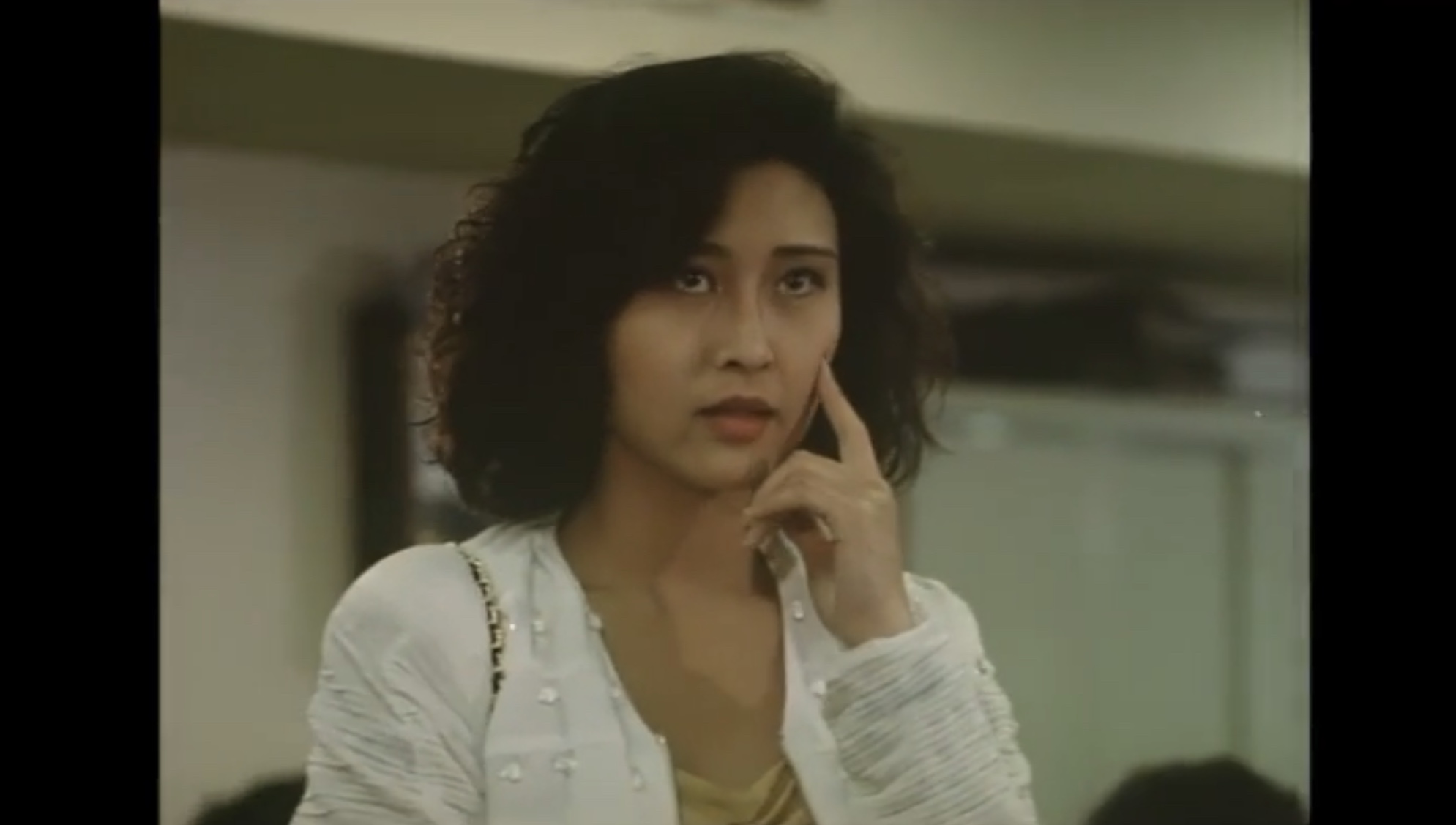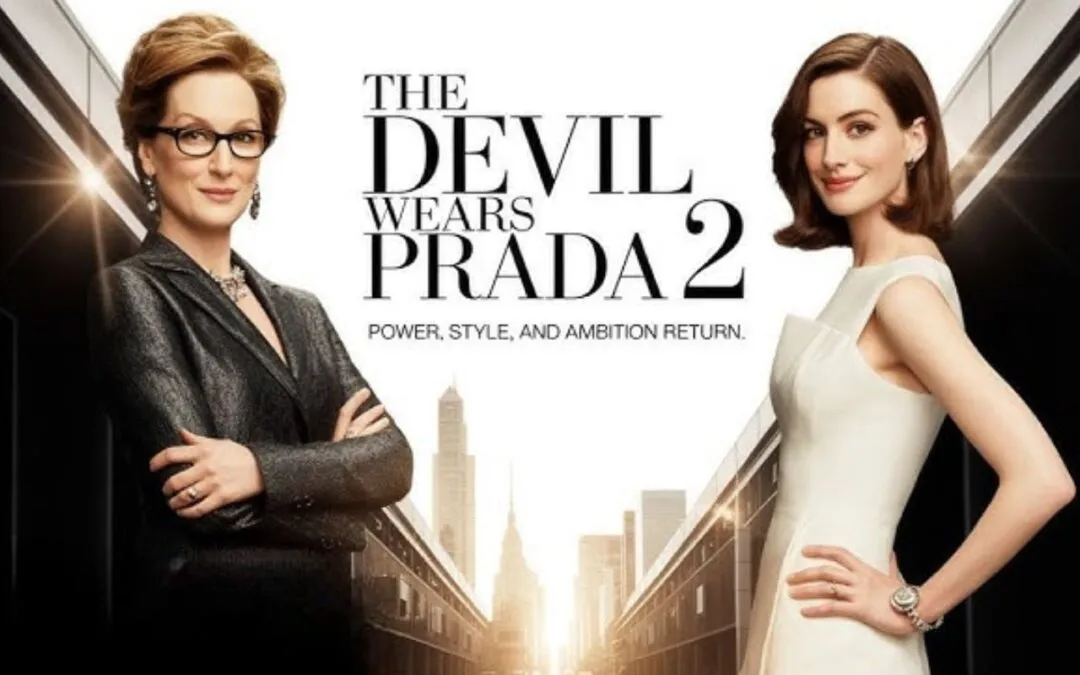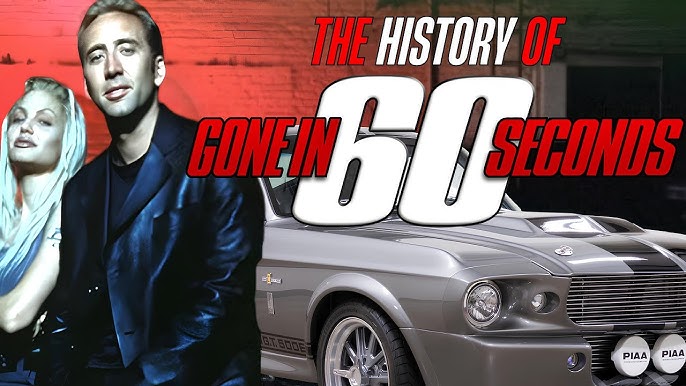Article about Pretty Woman (1991)
Pretty Woman (1991) is one of Hollywood's most iconic romantic comedies, blending charm, humor, and heartwarming moments to create a timeless story about love, self-worth, and transformation. Directed by Garry Marshall and written by J.F. Lawton, the film quickly became a classic, resonating with audiences around the world. With stellar performances from Richard Gere and Julia Roberts, Pretty Woman explores the unlikely love story between two people from different worlds and showcases how a chance encounter can change their lives forever.
The plot centers around Vivian Ward (Julia Roberts), a street-smart, free-spirited prostitute living in Los Angeles. Her life takes an unexpected turn when she meets Edward Lewis (Richard Gere), a wealthy and successful businessman. Edward, in town on business, needs a companion for a series of social events and hires Vivian to accompany him. What begins as a professional arrangement soon turns into a deep, transformative connection. The story explores the chemistry between these two characters, whose initially transactional relationship evolves into something much more meaningful, touching on themes of self-discovery and emotional growth.

Julia Roberts' portrayal of Vivian Ward is at the heart of the film's success. With her wide-eyed innocence, infectious smile, and perfect blend of vulnerability and strength, Roberts’ performance won over audiences and critics alike. Vivian is not just a prostitute; she is a woman with hopes, dreams, and a desire to be valued beyond her circumstances. Roberts' ability to infuse her character with warmth and authenticity made Vivian one of the most beloved roles in romantic comedy history. Richard Gere, as Edward, brings his trademark charm and sophistication, playing a character who initially seems cold and detached but slowly reveals his more caring, emotional side. Their chemistry on screen is palpable, creating a perfect dynamic between the two characters.
Beyond the love story, Pretty Woman also highlights themes of class, self-esteem, and personal growth. Vivian’s journey is not only about finding love but also about rediscovering her worth and confidence. As the relationship between her and Edward deepens, both characters learn valuable lessons about respect, trust, and emotional vulnerability. Edward, who begins the film as a man solely driven by wealth and status, undergoes a significant transformation, realizing that true happiness comes from meaningful connections rather than material success. Meanwhile, Vivian, once seen as a symbol of social marginalization, begins to see herself as deserving of love and respect.

The film’s success lies not only in its heartwarming romance but also in its ability to deliver a powerful message about self-worth and personal reinvention. It challenges societal expectations and offers a refreshing take on the classic Cinderella story, with Vivian not needing to "change" who she is to earn love and respect. Instead, her journey is about embracing her true self and finding someone who sees her for who she truly is.
Pretty Woman became a massive box office hit and earned Julia Roberts a Golden Globe Award for Best Actress. The film’s catchy soundtrack, memorable dialogue, and iconic scenes (such as the shopping spree and the final romantic gesture) have cemented its place in cinematic history. It is a film that continues to captivate audiences, offering both escapism and a powerful message about the transformative power of love. Through its enchanting story and lovable characters, Pretty Woman remains a quintessential romantic comedy that has stood the test of time.


